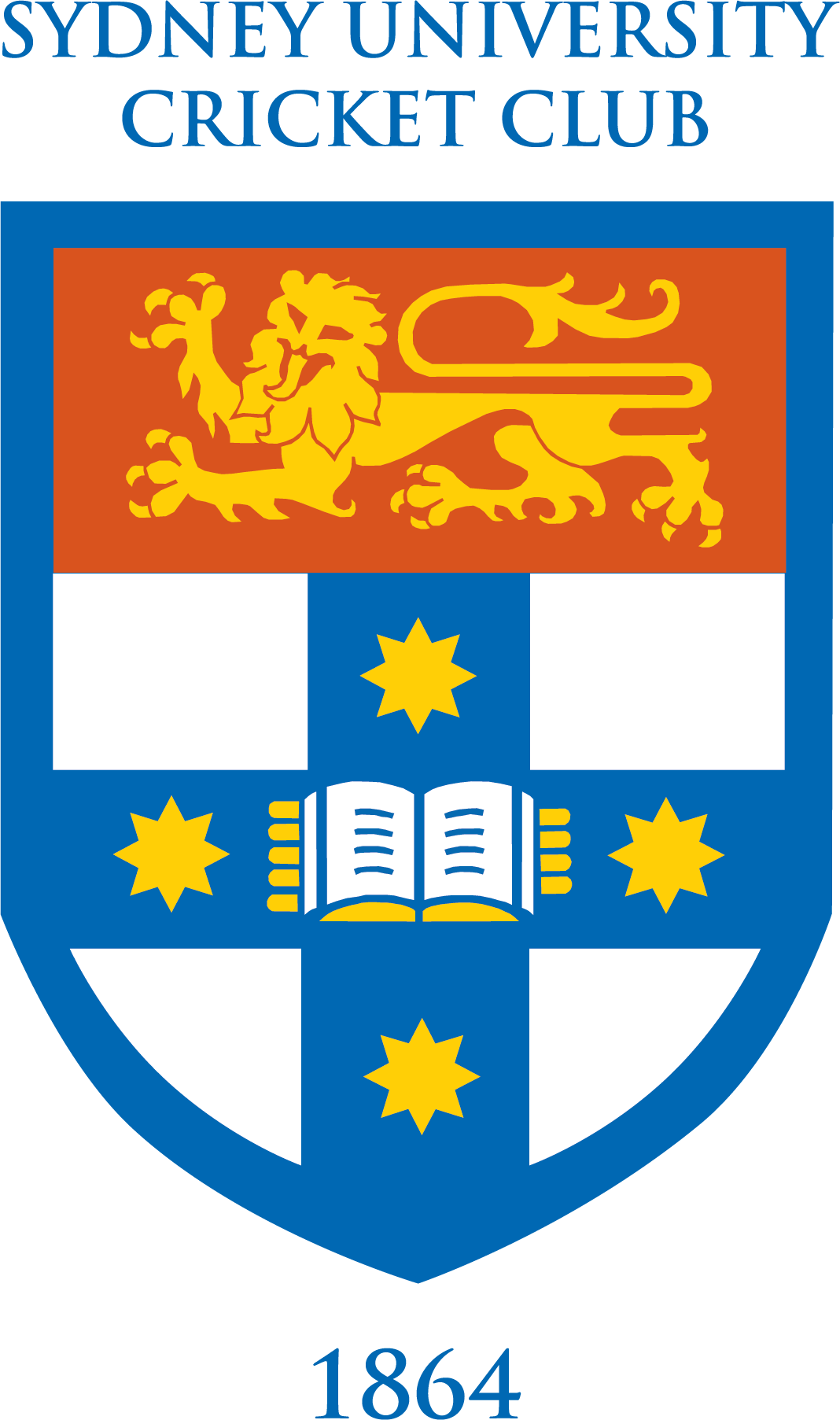New South Wales Blues batsman Nick Larkin has been named as Sydney University’s First Grade captain for the 2015-16 season.
The last fifteen months have been eventful for the right-handed opener, who was raised in Taree on the mid-north coast. In July 2014, he made his international debut in limited-overs cricket for Ireland, playing two matches against Sri Lanka A. Three months later, he made his first appearance in first-class cricket, when he turned out for New South Wales in the Sheffield Shield match against Victoria in Melbourne. Larkin earned his selection the old-fashioned way, through sheer weight of runs in Grade cricket. He first played for the New South Wales Futures League side in 2011-12, when he was 21, but it was his stellar First Grade season in 2013-14 (when he scored 1055 runs at 42.20) that persuaded the selectors that he was ready for the first-class game. The highlight of his four games for the Blues came in Adelaide, where he followed a first-innings 78 with a maiden first-class century, hitting 130 from 215 deliveries. In his next match, against Queensland in Sydney, Larkin was one of five University players in the New South Wales side, a club record (the others were Ryan Carters, Scott Henry, Sean Abbott and Will Somerville).
His runs against South Australia, together with his consistent performances for the Students over the last six seasons, earned Larkin a contract with the Blues, so he begins this season, for the first time, as a full-time cricketer. “I’m lucky to be working in a professional environment”, Larkin says. “It’s my job now to prepare to play cricket. The Blues have just had a week’s camp in Brisbane, where I had a couple of hits in the middle and went really well. In terms of my own game, I feel as though I’m the best cricketer I’ve ever been.” The Blues open the 2015-16 season with the Matador One Day Cup matches in October, and there are plenty of top-order batsmen competing for places in the side. This doesn’t trouble Larkin, whose approach is “trying to focus on each game as it comes up – whether it’s a Grade game, or a Second Eleven game, or whatever it is – if I do well, and help the team to win games, then selection for other games will take care of itself.”
At Sydney University, he thinks, “we don’t need to re-invent anything this season. We’ve had some great success in recent years under Greg Mail. What I want to do this year is get the most out of some of our young guys, who are really good cricketers, but don’t quite understand how to play to their potential yet. If we can get those guys playing at their best, and we all focus on playing our best cricket, if we prepare properly and take the trial games seriously, then nine times out of ten we ought to win. A decent chunk of our squad are lucky enough to be professionals now, so they take preparation very seriously and that influence is important.”
Although he insists that his focus is always on his next match, Larkin admits that he has not entirely abandoned the idea of playing internationally for Ireland, for whom he qualifies through an Irish grandfather. He played for the North Down club in Ireland in 2013 and 2014, bringing himself to the attention of the national selectors with a monumental innings of 247 not out for the Northern Cricket Union against Leinster (whose attack was led by two Irish internationals) in the inter-provincial competition. “I don’t know if I’m in their plans for the near future”, he says, but if he continues to score runs for the Blues, it won’t escape notice in Dublin. He isn’t the first Sydney University captain with an Irish connection – the very first captain of a Sydney University team, in 1854, was the Dublin-born John Kinloch.
After graduating with a Commerce degree in 2012, Larkin worked for a time in an accounting firm, and also served as the executive officer of the University Cricket Club. He now plans to enrol in a Master’s degree to prepare for a possible career as a high school teacher. For the time being, however, he’s concentrating on the challenges of succeeding in the professional game, and helping Sydney University to retain its place as one of the leading teams in the First Grade competition.

